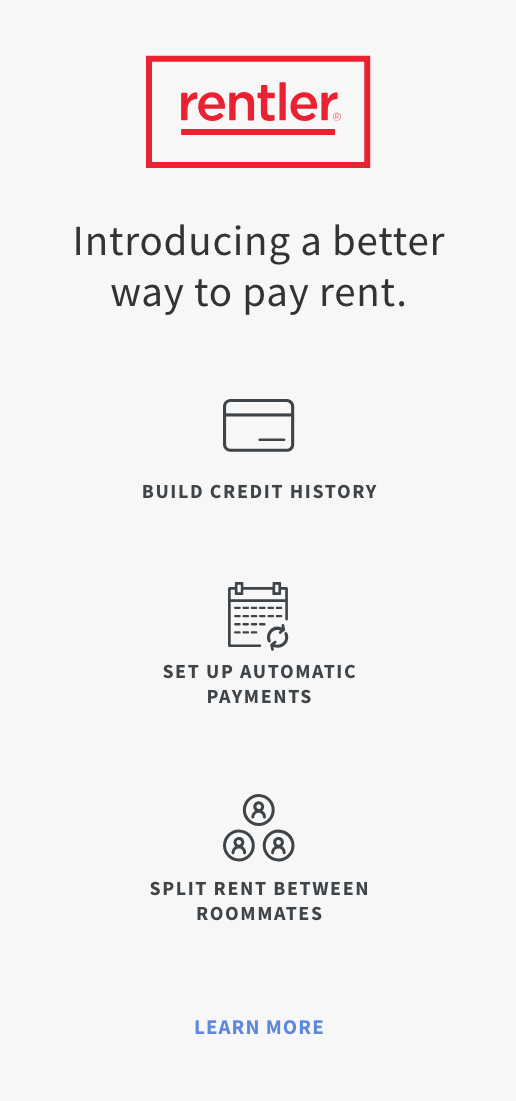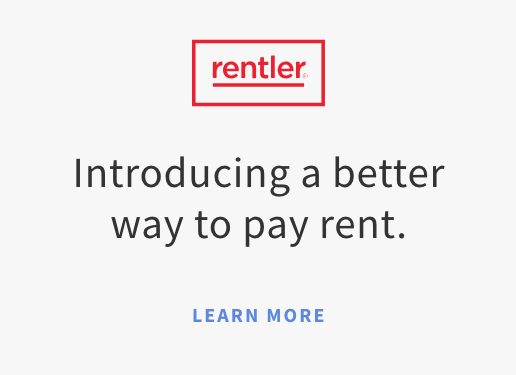Finding an apartment you love isn’t always easy — so when you find your dream residence, you don’t want anything or anyone standing in the way of signing that lease.
Unfortunately, real life sometimes intervenes in the form of bad credit, income barriers, or other obstacles. But you may still be able to salvage your situation by bringing a co-signer on board. Let’s take a look at how this option works, when it might make sense, and how it can lead to problems (as well as solutions).
What is a co-signer?
The term “co-signer” is often used in association with personal loans and business loans, as well as rental agreements. In the rental world, a co-signer is a person who signs the lease along with you. Co-signers don’t have to live in the unit; they simply serve as the guarantor of your rent payment. This means that if you fail to pay your rent (or other payments as required by the terms of the lease), your co-signer has agreed to take responsibility for that payment.
When should you use a co-signer?
When and why does a co-signer become necessary? Landlords and apartment management companies often insist on specific credit or income requirements. If you’re trying to rent your first apartment or bouncing back after a bankruptcy, you won’t have that rental history.
People also use co-signers when they haven’t had the time or opportunity to build employment history and provide required pay stubs. For example- maybe you’re in the process of getting your first “real” job or establishing yourself as an entry-level employee, which means you might have trouble meeting the income requirement. In these situations, co-signers can offer their credit and income histories as evidence that the rent will get paid on time and in full.
Perhaps you have a good income, but damaged, credit. A recent credit score ding, bankruptcy, or other financial catastrophe can render you ineligible for an apartment you can easily afford. This is another case where a co-signer with good credit can save the day.
The ideal co-signer
Who makes a good co-signer? The most obvious attributes are a solid income, a high credit score, and a sterling history as a homeowner or tenant. A close family member (like a parent or sibling) can make a good candidate. But there are other factors to consider as well. The very closeness of that family member or best buddy can work against you if your financial situation turns sour and you can no longer keep up your end of the agreement.
Your co-signer is now legally on the hook to cover for you, at the risk of serious damage to his own bank account or credit score. Think carefully before exposing your loved ones — and your relationship with them — to this kind of risk. Once you’ve found someone you feel comfortable sharing this financial partnership with, it’s smart to draw up a contract outlining rent costs and any other fees that you will be paying for transparency. At the same time, create a plan for re-payment if something happens and your co-signer needs to step in.
What happens to a co-signer rent is late?
What happens in the worst-case scenario: eviction? If you receive an eviction notice, you still have a certain number of days (varying from state to state, but never fewer than 3) to come up with full repayment before the landlord can actually go forward with the eviction. Hopefully your co-signer is willing and able to help you do this. If not, your landlord can bring a judgment that names both of you, causing you to be evicted and making your co-signer subject to wage garnishment and other financial penalties.
Having a co-signer can make all the difference finding a new place to live. Just make sure you both know what you’re getting into, and make every effort to be that good, stable, reliable tenant every landlord loves.




